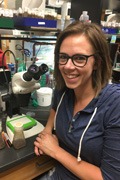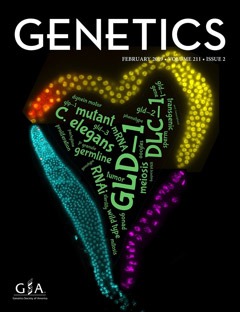Human Genetic Variation: A Flipped Classroom Exercise in Cultural Competency
Author(s):
Shoumita Dasgupta and Katherine Larabee Tuttle
Overview:
This interactive case discussion was created to emphasize the clinical relevance of population genetics, but is also a suitable resource for teaching the basic principles of population genetics while relating them to human genetic variation. Our understanding of human genetic variation has deepened over the past decade due to fine-scale genome mapping. Applying this knowledge to the evaluation of ancestry-based genetic testing strategies, such as direct-to-consumer genetic testing, is an important component of the practice of culturally-competent medicine and a relevant way to teach the foundations of population genetics, including Hardy-Weinberg equilibrium.
Genetics Concept(s) Addressed:
Evolution and Population Genetics: What are the processes that can affect the frequency of genotypes and phenotypes in a population over time?
Core Competencies Addressed:
Students should be able to apply statistical methods when analyzing their data, and use patterns to construct a model.
Students should be able to tap into the interdisciplinary nature of science.
Students should be able to identify and critique scientific issues relating to society or ethics.
Audience:
Advanced undergraduate; biology/genetics majors
Activity Type:
In-Class/Lecture Exercise
Activity Length:
1-1.5 hours in class
Citation:
Dasgupta, Shoumita and Tuttle, Katherine L. (2013). Human Genetic Variation: A Flipped Classroom Exercise in Cultural Competency. Genetics Society of America Peer-Reviewed Education Portal (GSA PREP): 2013.003;
Resource Justification and Instructor Guide
Pre-class Resources
PowerPoint used to create video (educator may use this to produce own pre-class resource)
Hardy Weinberg Equilibrium Worksheet (with Instructor’s Key)
Web Module (“RACE: Are we so different?”, American Anthropological Association)



